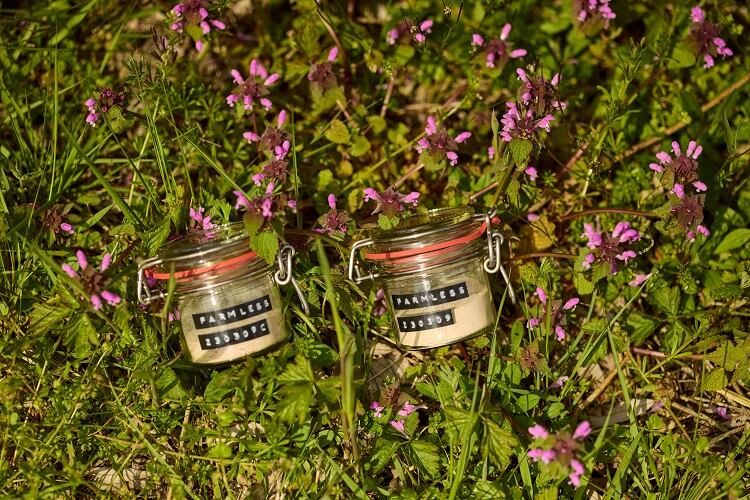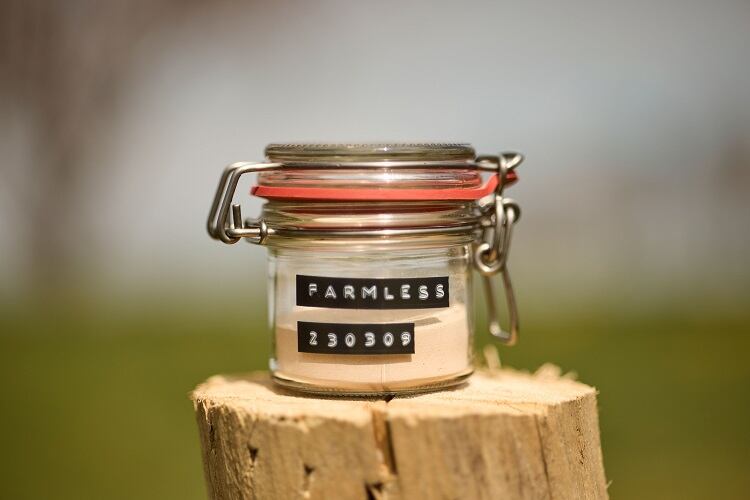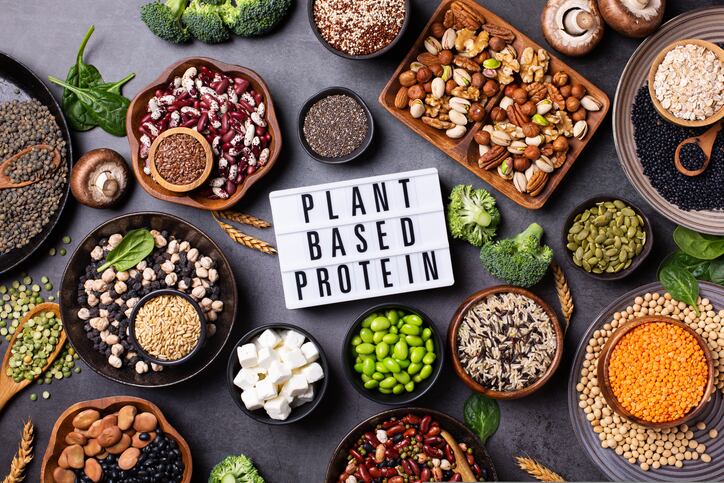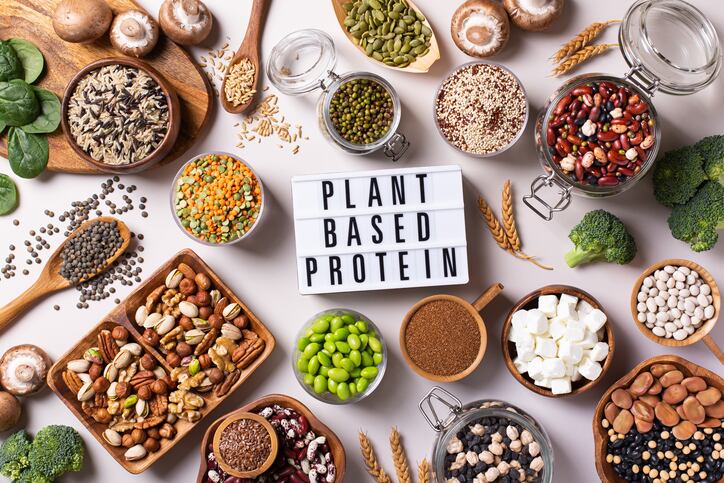The company’s protein is made using a fermentation platform which uses an e-alcohol liquid feedstock, made using a combination of hydrogen, CO2, and renewable energy, rather than sugar.
The fermentation platform, suggests Farmless, could one day be used to produce carbohydrates, fats, minerals and vitamins ‘from the bottom up.’
“We believe this technology has the potential to end factory farming, rewild our planet and draw down gigatons of carbon," said Adnan Oner, Farmless’ founder and CEO.
There is no land but the land
Farmless’ main concern is cutting out the significant waste involved in animal agriculture, which takes up most agricultural land and is the driver behind much of the world’s deforestation.
“Animal agriculture is extremely wasteful,” Pepijn Vloemans, head of communications at Farmless, told FoodNavigator. Not only does it take up a lot of our land, but it is highly inefficient at providing nutrients.
“Meat provides a minority of our calories and nutrients, but animal agriculture eats up about three-quarters of our agricultural land.
“The reason is that a) plants are not good at converting sunlight into biomass and b) most animals are not efficient in converting biomass into edible proteins.”
Vloemans is optimistic, however, that the problems can be solved. “Turns out there’s another way to produce proteins,” he told us.
“We can use solar power to convert sunlight, CO2 and hydrogen into a liquid feedstock and then use microbes to ferment this feedstock into a wide range of edible products: essentially power-to-food.
“Using off-the-shelf solar panels we estimate that our technology is ±500 times more efficient in terms of land use compared to beef.”
So how it is 'carbon negative', meaning the production process offsets more carbon than it contributes to the environment? "Our feedstock is alcohol, which can be made with hydrogen + CO2 from the atmosphere," Vloemans told us. "This feedstock is converted by our microbes into food, which is made out of the CO2 from the air. So we want people to literally eat 'pie from the sky'".
Ready for a storm
As well as taking up far less land space than animal agriculture, Farmless’ method also has another benefit – it can work in spite of extreme weather. With climate change leading to a higher frequency of extreme weather events, this is a significant plus.
“Just like beer brewing, we can grow our product in the controlled environment of vessels anywhere in the world,” Vloemans told us.
“Since we don’t need any agricultural feedstocks we are not hindered by extreme weather events. And because we use a liquid feedstock with an existing supply chain, we can ship it anywhere in the world.
“This means that our feedstock has a consistent quality year-round, independent from the weather.”

When you meat with fate
The protein itself is not only sustainable to make, but it has a strong nutritional profile too. “Our product has excellent functional properties and an amino acid profile better compared to eggs,” founder and CEO Adnan Oner told FoodNavigator.
In practical terms, the protein could be used for a whole range of different things. “Our protein is intended for humans only (not feed) and can be used in a variety of products such as meat and dairy successors,” Oner told us.
Venture into the unknown
Farmless has recently been given a round of €1.2m worth of pre-seed capital from the likes of Nucleus Capital, Revent, and Possible Ventures.
Vloemans sees challenges ahead for the company in the next stages of funding. “We had an oversubscribed pre-seed round, however in general we see that seed and series A funding is much more difficult.”
However, he is optimistic. “Although it is a challenging environment, in the long term this will create capital efficient business with better unit economics.”




